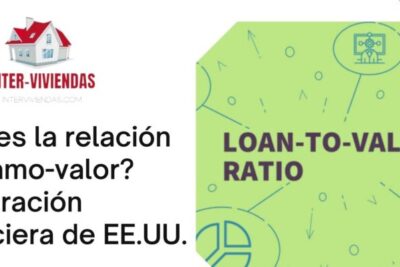To purchase a home , most Americans take out a mortgage . While debt is generally avoided if possible, when it comes to a mortgage , there can actually be some financial benefits for borrowers.
Liquidity
If you waste all your extra money paying your mortgage, you may find yourself in a tough spot when you face a financial emergency. Deaths in the family, divorces, and health traumas are just a few of the factors that can quickly lead to massive debt. Unless you have significant emergency savings and put all of your available cash into your home , you may end up selling your home to pay these bills. Tapping into your home’s equity is much harder than withdrawing funds from a bank account. Make sure you have three to six months of expenses saved up before you pay off your mortgage.
In addition to preparing for a financial crisis, you can also invest to get a better return on your extra money. This is especially true if your home loan has a very low interest rate .
Credit Score
If you make your mortgage payments on time and consistently, your credit score will improve. While it may not seem like your credit score matters much after you get a mortgage, it still affects things like car loans, business loans, and in some cases, job opportunities. If you have extra cash but also other debts, your credit score (and your wallet) would benefit more if you paid off those high-interest credit card bills, student loans, or car loans first.
Payments become easier
Over time , your income will likely increase just like inflation in the greater economy, but if you have a fixed- rate loan , your payment will never increase. Over time, it will become easier to make that payment as it reduces as a percentage of your income.
Tax exemptions
Although tax laws have changed in recent years, some mortgage borrowers may still be eligible for tax breaks. If you itemize enough on your taxes, you can deduct any mortgage interest you paid up to $750,000 of your mortgage debt.
Of course, keeping your mortgage until the end has its drawbacks. You’ll end up paying the most interest, and your home will cost more than if you paid off the loan early . Plus, if you have an adjustable-rate mortgage, you may worry that your interest rate will change until you refinance or pay off your loan. If your mortgage continues into retirement age, you may feel financial stress once you’re living on a fixed income.
The answer to whether mortgage debt works is not universal. This will depend on factors such as the type of loan, the mortgage interest rate, and the borrower’s earning potential. In some cases, it may be more advantageous to keep the mortgage than to pay it off quickly.
The benefits of taking on mortgage debt can vary depending on several factors, including market conditions, interest rates , your personal financial situation, and your long-term goals. However, here are some general benefits associated with mortgage debt:
- Access to Real Estate Ownership : For many people, purchasing a home is one of the largest and most significant investments they will make in their lives. A mortgage allows you to access home ownership without having to pay the full price up front, giving you the opportunity to build long-term equity.
- Financial Leverage : A mortgage allows you to take advantage of financial leverage when purchasing a property . This means that you can use a small amount of your own money (the down payment) to control a much larger asset (the house). If the value of the property increases over time, you can earn a significant return on your initial investment.





